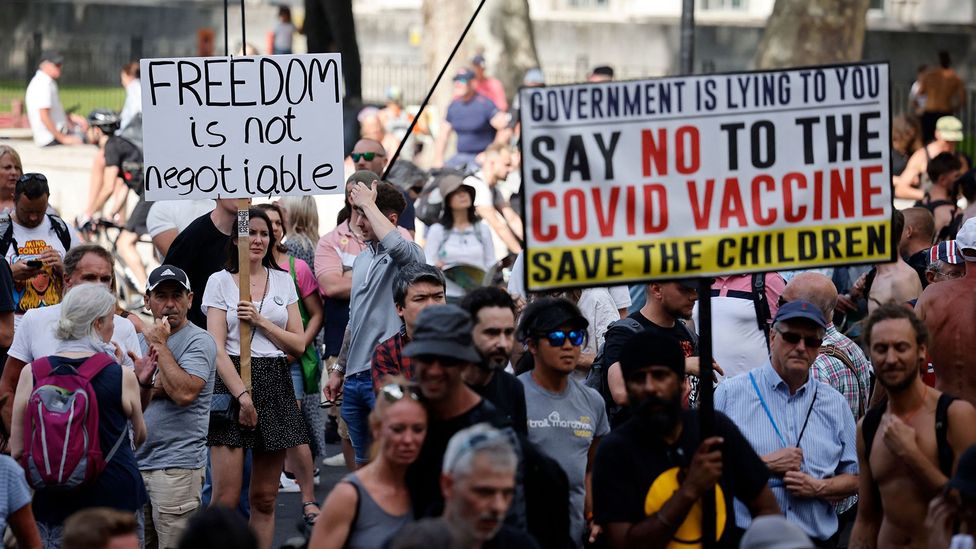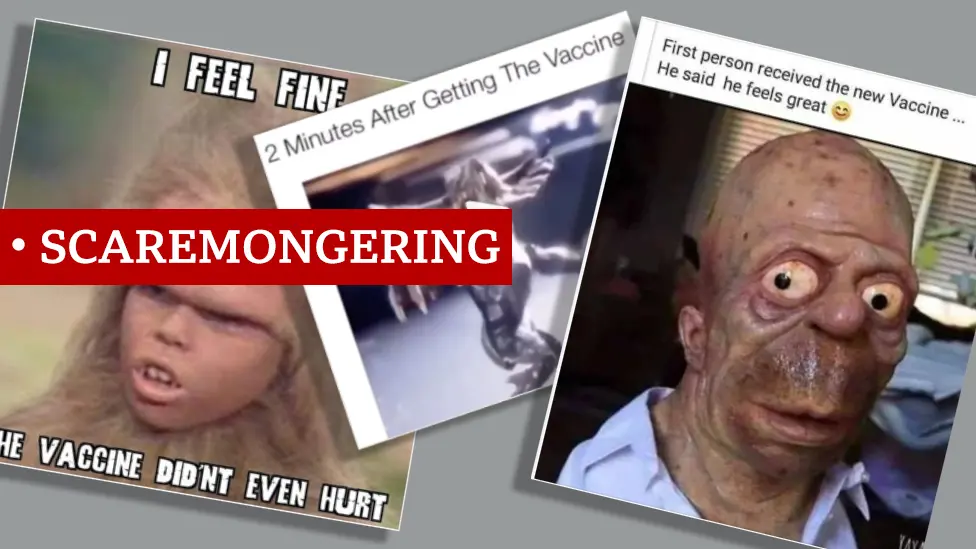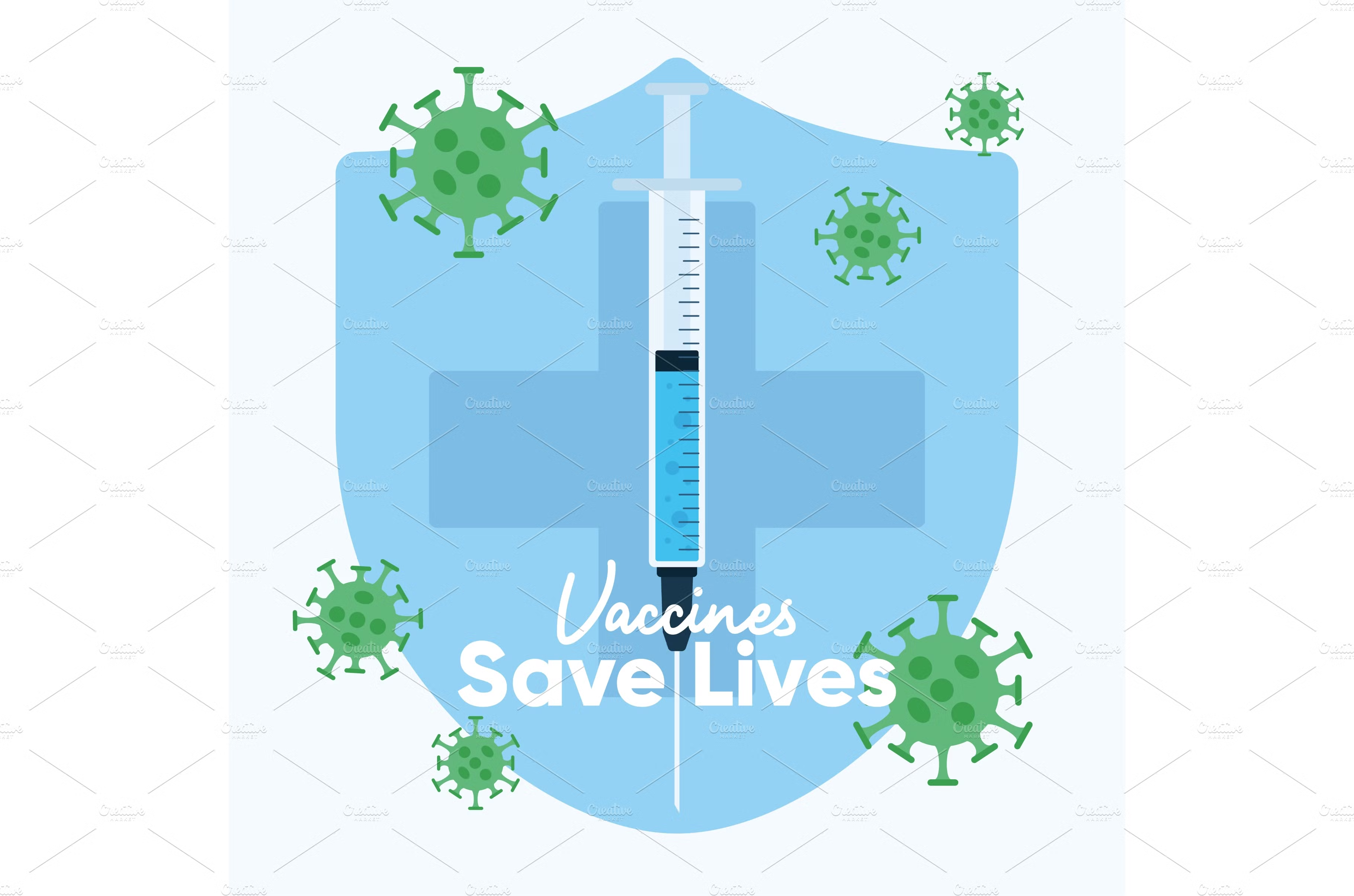Imagine a world where the dead rise, and the only solution lies in a single vaccine. The phrase "only my vaccine can save the world from zombies" has become a rallying cry for scientists, researchers, and survivalists alike. As the threat of a zombie apocalypse looms, understanding the science behind vaccines and their potential to combat this fictional—but terrifying—scenario is crucial. This article dives deep into the concept, exploring how a vaccine could hypothetically save humanity.
In an era where speculative fiction meets scientific reality, the idea of a zombie outbreak is no longer just the stuff of movies. It represents a broader discussion about global health, preparedness, and innovation. By examining the role of vaccines in preventing pandemics, we can better understand their importance in both real-world and fictional scenarios.
This article will guide you through the intricacies of vaccine development, the hypothetical application of vaccines in a zombie apocalypse, and why preparedness matters. Whether you're a fan of zombie lore or simply curious about the science of survival, this guide offers insights that are both enlightening and actionable.
Read also:Hollywood Actress Exploring The Glamorous World Of Stardom
Table of Contents
- Introduction to Zombie Vaccines
- Biological Basis of Zombies
- Vaccines and Their Importance
- Hypothetical Zombie Virus
- Vaccine Development Process
- Only My Vaccine Can Save the World
- Global Health Preparedness
- Ethical Considerations
- Real-World Applications
- Conclusion and Call to Action
Introduction to Zombie Vaccines
When discussing the concept of "only my vaccine can save the world from zombies," it's essential to first understand what makes a vaccine effective. Vaccines work by stimulating the immune system to recognize and combat pathogens, such as viruses or bacteria. In the case of a hypothetical zombie outbreak, a vaccine would need to target the specific virus or mechanism responsible for reanimation.
The idea of a zombie apocalypse has been popularized in media, but it raises important questions about global health and preparedness. Could a vaccine designed for a fictional scenario provide insights into real-world pandemic responses? This section explores the intersection of science fiction and reality, highlighting the importance of vaccine research.
Biological Basis of Zombies
Zombies, as depicted in popular culture, are typically reanimated corpses driven by an insatiable desire to consume human flesh. While the concept is fictional, it draws inspiration from real-world phenomena such as parasitic infections and neurological diseases. Understanding the biological mechanisms behind these conditions can help us imagine how a zombie virus might function.
Key factors in the biology of zombies include:
- Neurological damage caused by a virus or parasite.
- Loss of higher brain functions, leading to aggressive behavior.
- Uncontrolled spread through bodily fluids or bites.
Vaccines and Their Importance
Vaccines have played a critical role in eradicating diseases such as smallpox and significantly reducing the incidence of others like polio. They work by introducing a harmless version of a pathogen to the body, allowing the immune system to build defenses without causing illness. In the context of a zombie outbreak, a vaccine could prevent infection or mitigate its effects, potentially saving millions of lives.
Research into vaccines for emerging diseases is ongoing, with scientists exploring new technologies such as mRNA vaccines. These innovations could be adapted to address hypothetical threats like a zombie virus, emphasizing the importance of continued investment in vaccine development.
Read also:Why Open Video Unlocking The Future Of Digital Storytelling
Hypothetical Zombie Virus
Transmission Methods
A zombie virus would likely spread through direct contact with infected individuals, particularly through bites or exposure to bodily fluids. Understanding transmission methods is crucial for developing effective prevention strategies. In this scenario, a vaccine would need to provide rapid immunity to stop the spread of the virus.
Symptoms of Infection
Infected individuals might exhibit symptoms such as:
- Fever and chills.
- Loss of cognitive function.
- Aggressive behavior and loss of self-control.
Recognizing these symptoms early could help prevent the spread of the virus, underscoring the need for widespread vaccination.
Vaccine Development Process
Developing a vaccine involves several stages, from initial research to clinical trials and regulatory approval. Each step is critical in ensuring the safety and efficacy of the final product. In the case of a zombie virus, scientists would need to work quickly to identify the pathogen, develop a vaccine candidate, and test it in real-world conditions.
Data from organizations like the World Health Organization (WHO) and the Centers for Disease Control and Prevention (CDC) highlight the complexity of vaccine development. Despite these challenges, advancements in technology and global collaboration have accelerated the process in recent years.
Only My Vaccine Can Save the World
The phrase "only my vaccine can save the world from zombies" reflects the importance of individual contributions to global health efforts. While a single vaccine might not be the sole solution, collaboration between researchers, governments, and communities is essential for addressing large-scale threats. By investing in vaccine research and preparedness, we can better protect ourselves against both fictional and real-world pandemics.
Global Health Preparedness
Preparedness is key to surviving any outbreak, whether fictional or real. Governments and organizations worldwide are working to strengthen healthcare systems, improve surveillance, and stockpile medical supplies. These efforts are crucial in ensuring that vaccines and treatments can be rapidly deployed in the event of an emergency.
Statistics from the WHO indicate that global health spending has increased in recent years, reflecting a growing awareness of the need for preparedness. By prioritizing research and infrastructure development, we can better respond to emerging threats.
Ethical Considerations
The development and distribution of vaccines raise important ethical questions. Who should receive the vaccine first in the event of a zombie outbreak? How can we ensure equitable access to life-saving treatments? These considerations are not unique to fictional scenarios; they apply to real-world pandemics as well.
Experts in bioethics emphasize the importance of transparency, fairness, and inclusivity in vaccine distribution. By addressing these issues early, we can minimize conflict and maximize the impact of vaccination efforts.
Real-World Applications
While a zombie apocalypse remains fictional, the principles behind vaccine development and distribution have real-world applications. The lessons learned from hypothetical scenarios can inform our approach to addressing emerging infectious diseases, such as Ebola or COVID-19. By studying these scenarios, we can improve our preparedness for future outbreaks.
Collaboration between scientists, policymakers, and communities is essential in translating theoretical knowledge into practical solutions. This collaborative approach ensures that vaccines are developed and distributed efficiently, protecting populations worldwide.
Conclusion and Call to Action
In conclusion, the concept of "only my vaccine can save the world from zombies" serves as a reminder of the importance of vaccine research and preparedness. While the idea of a zombie apocalypse may seem far-fetched, it highlights the need for innovation and collaboration in addressing global health challenges. By investing in vaccine development and strengthening healthcare systems, we can better protect ourselves against both fictional and real-world threats.
We invite you to share your thoughts on this article and explore other content on our site. Together, we can promote awareness and understanding of critical health issues. Leave a comment, share this article, and join the conversation about the future of global health.


